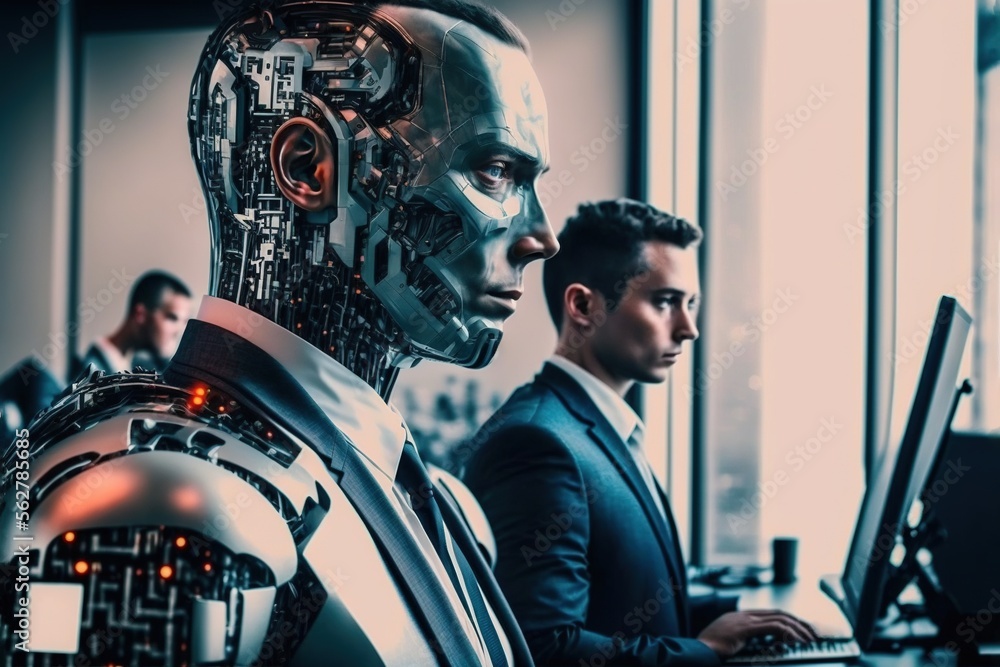Week 2: AI's Effects on Modern Day Workforce
Nolan Fasel
The integration of artificial intelligence into the modern-day workforce has ushered in a paradigm shift, reshaping the dynamics of how we work and collaborate. While AI promises increased efficiency and productivity, it also brings about a transformation in the skills required and the nature of jobs. Automation, driven by AI technologies, has the potential to streamline routine tasks, allowing employees to focus on more strategic and creative aspects of their roles. However, this shift demands adaptability from the workforce, as jobs that involve repetitive and predictable tasks face the risk of being automated, prompting a reevaluation of skill sets and a greater emphasis on creativity, problem-solving, and emotional intelligence.
As AI continues to evolve, the workforce is presented with both challenges and opportunities. On one hand, there is the concern of job displacement in certain sectors, requiring proactive measures for upskilling and reskilling to ensure a future-ready workforce. On the other hand, AI introduces new possibilities, creating roles centered around the development, maintenance, and ethical use of these technologies. Striking a balance between harnessing the potential of AI and safeguarding employment opportunities requires a collaborative effort from businesses, educational institutions, and policymakers. In this transformative era, the modern workforce stands at the crossroads, tasked with embracing innovation and cultivating a skill set that aligns with the evolving demands of the AI-driven workplace.

Comments
Post a Comment